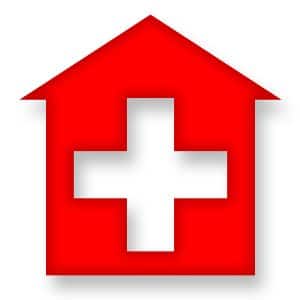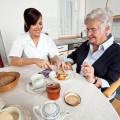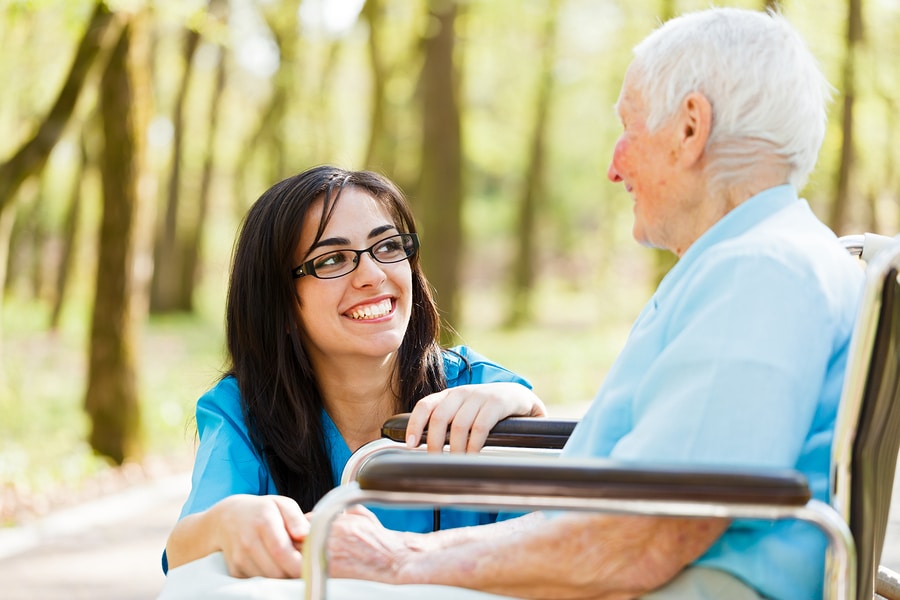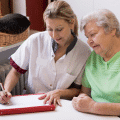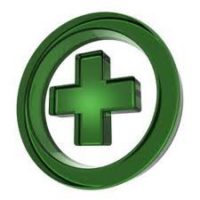CPR Certification for HHAs
Cardiopulmonary resuscitation (CPR) is a lifesaving medical emergency procedure. It is performed on people who go into cardiac arrest.
During cardiac arrest the heart stops beating and the person stops breathing, thereby stopping much needed oxygen from reaching the brain.
If the condition lasts more than 5 minutes, permanent brain damage can occur. No one knows for sure why this occurs, but stress and trauma are among the most suggested possibilities.
If you perform CPR on someone whose heart has stopped beating or is no longer breathing you could save a life!
CPR does not usually restore the heartbeat, but as a first aid it does keep the person’s blood circulating, sending oxygen to the brain until the ambulance arrives and breathing and heartbeat can be restored.
The American Heart Association states that 92% of cardiac arrest victims die before they get to the hospital. Immediately performing CPR can double, even triple, the person’s chance of survival.
Why HHAs Should Get CPR Certification
Home health aides, indeed, anyone working with the ill, disabled or with seniors would benefit from CPR certification.
CPR certification for HHAs is inexpensive. In fact, you can enroll in the American Red Cross CPR training and become CPR certified for free.
Getting CPR certified is simple. If Red Cross training is not available in your area, check with the fire stations, hospitals, or colleges.
If they don’t furnish the training, they will almost certainly be able to recommend someone.
There is also online training available. And that, too, can sometimes be received for free.
It is also recommended that you get first aid certification at the same time. Both CPR and first aid classes are short. They typically do not last more than a day or two.
First aid/CPR certification or re-certification (they do sometimes expire) will certainly give you a boost when applying for a home health care job or other positions in the healthcare field. When you’re in line for a raise or a promotion, it will most certainly be considered among your qualifications.
You never know when these lifesaving skills will be needed. It might not always be on the job. It might be at a swimming pool, a picnic, or any public event. You could be first on the scene of an accident.
First aid emergencies are almost sure to arise if you are working with the elderly or those with disabilities at some point during your healthcare career.
There might be times when you are the only person available until skilled help arrives. You could be a lifesaver while working as a HHA!


